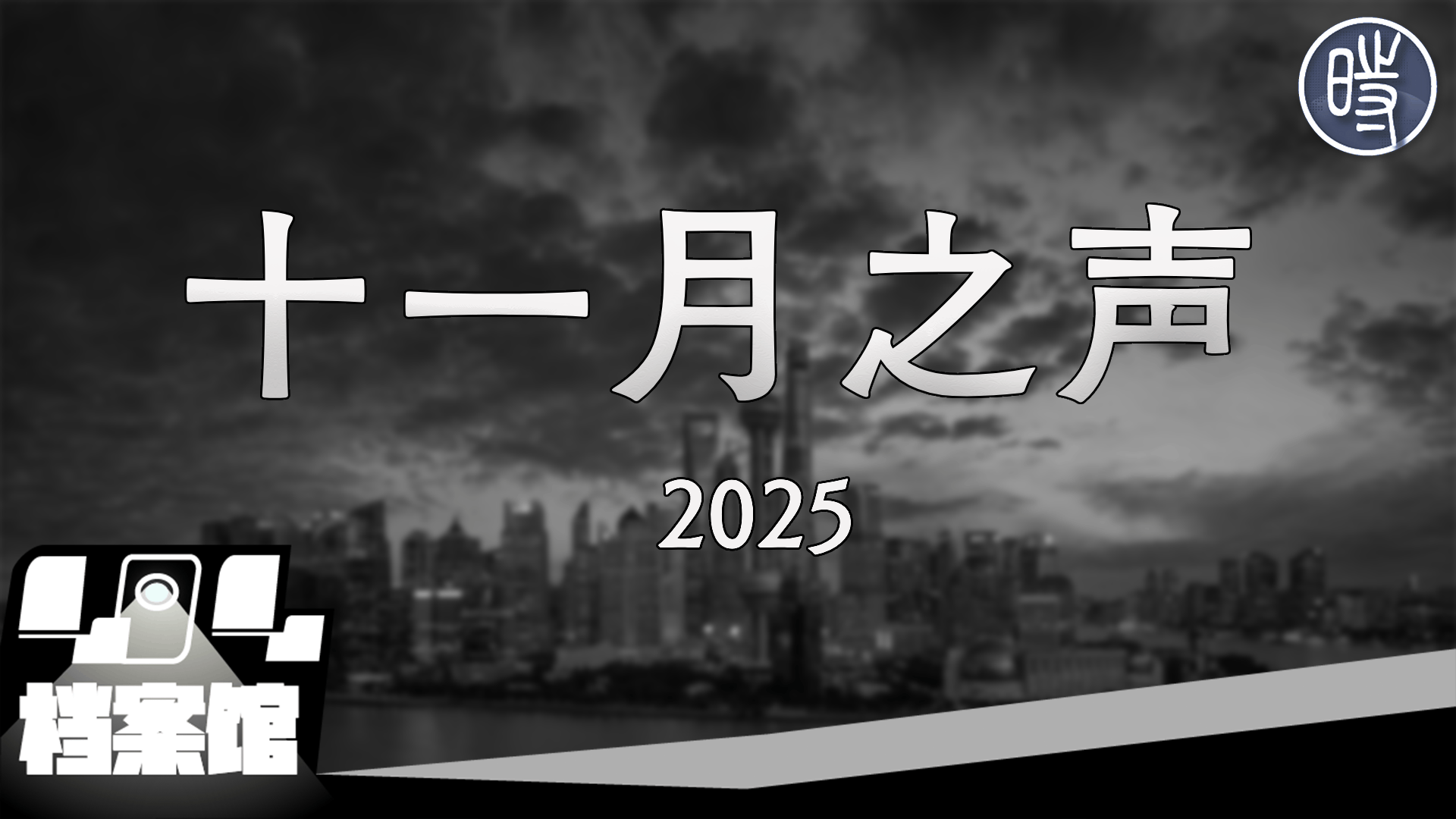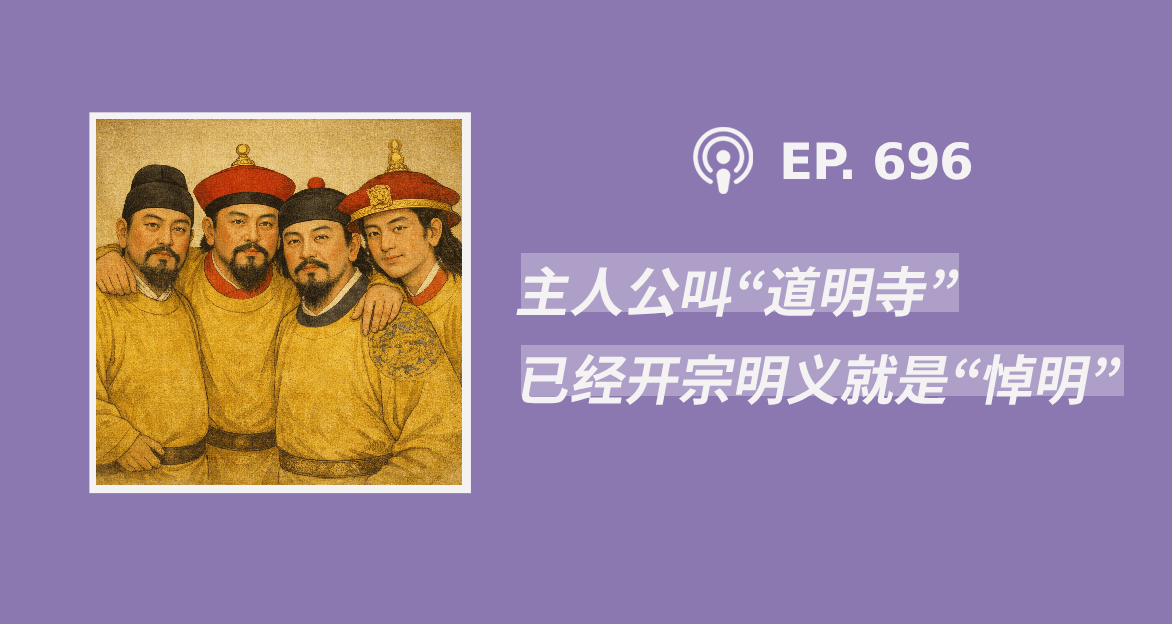Privacy Implications of the Chinese Network Real Name System
// Dr. Hu
Yong critiques legislation
in China that requires Internet users to utilize their full names and obligates
Internet Service Providers to report on any illegal actions by an individual
online.
On December 28th 2012,
the 30th Standing Committee session of China’s Eleventh National People’s
Congress passed the Decision on Improving
Network Information Protection. This new law, passed after an extensive
period of preparation and regional experiments, established the Network Real Name System. Internet
access providers must now require their customers to provide their real names
and legitimate identifications in order to sign up for internet service, mobile
internet access, or to register on a blog or other website. Service providers
are also responsible for monitoring and preventing illegal activities by users.
Details regarding the law’s implementation are still being
discussed at local and national levels. The task is proving to be difficult as
legislators are unsure how to supervise internet access providers and how to
decide exactly what actions are illegal. The decision itself does not provide
the regulatory guidelines necessary, nor does it allow access providers to make
their own judgments regarding the handling of sensitive user information.
This new decision legalized internet content censorship and
reinforces the obligation of internet service providers (ISPs) to report user
actions to the authorities. Article Five provides that ISPs should strengthen
the management of users when they post information online. When illegal or
prohibited information is found online, ISPs are to stop transmitting
information and begin taking their own initiatives such as deleting or
censoring information, storing related records, and then reporting the
information to a relevant department of government.
The decision has increased the power of Chinese ISPs to block,
intercept, discriminate, and prohibit users’ right to access information on the
Internet. It may also prohibit users’ right to transmit information, software,
lawful service and initiatives. The decision also implies that government has
further shared supervising responsibility with internet access providers, which
may be called “privatization of supervision.” This privatization of enforcement
creates concern that individual internet users may be punished for activities
not only by the government, but also by their ISPs.
The decision to remove anonymity from internet activities stems
in part from the association between Internet criminal activity and anonymity.
Individuals who create viruses, junk emails, scams, and start political rumors
rely on anonymity to avoid consequences.
On the other hand, this association is also constructed
purposefully by the authorities. For instance, a commentary on the front page
of People’s Daily on Dec 18th 2012, “Internet Is
Not Outside of Law,” warned internet users to be cautious in terms of their
expressions. The commentary implied that, due to the increasing reach and
simplicity of internet use, individuals act carelessly without thinking about
possible outcomes with online actions and statements that are subject to the
law.
In early 2012, microblogging services (called Weibo in China) mandated that all account
holders use their full names, causing an uproar among users. The Director of
the State
Internet Information Office, Wang Chen, explained that, “microblogging has
changed the pattern of public opinion in China, but it is also easy to make
some irrational voices and negative public opinion and harmful information to
spread rapidly.”
According to statistics, 150 million Weibo posts are made in China on a daily
basis. How many of them are “irrational voices, negative public opinion and
harmful information?” While real name registration might limit the activities
of pornography disseminators, liars, and false evidence planters, it also
infringes upon the rights of the majority of users.
It’s true that anonymity has its drawbacks, but the value it
generates balances out its costs. Governments should not try to limit
anonymity; it would be better for internet communities to determine anonymous
system based on their preferences and functions. Esther
Dyson’s book Release 2.0 lists many potential reasons users may
prefer to remain anonymous, which include discussing personal problems, testing
out new identities, or questioning an unfair system.
Over-monitoring from the government is a threat to netizen
rights in China. This decision may lead to violation
of privacy, identity theft, or a violation of freedom of speech as guaranteed
by China’s own constitution.
An editorial in The Global Times argued that it is unnecessary to worry
that these regulations will prevent individuals from using the internet to
reveal corruption or criticize the government, because Chinese citizens have
become increasingly vocal and less fearful. Yet, Chinese citizens have still
expressed anger and concern regarding the new legislation. For example, veteran
internet observer Xie Wen, remarks:
“People are just saying that corruption will ruin the
party and the state, then there emerges a voice that internet will ruin the
party and the state; people are just saying that we should strengthen the
supervision of government power, then somebody wants to strengthen the
supervision of the internet; people are just saying that officials should make
their assets public, then some departments are making netizens’ names public …
who is going against the flow?”
There exists a conflict between the need for social transparency
and the right for individual privacy and anonymous speech. Anonymity is
actually related to the tolerance of society: the ability to embrace diversity
and the possibility of personal spaces. Increasingly, a great deal of private
behavior is now highly visible via the internet, forcing us to question the
extent to which society is able to tolerate these privacy violations.
What the government attempts to execute with regard to
cyberspace is control-based law rather than rights-based law. In the past, the
government always exerted control in the name of “protection”. For instance,
the infamous Green Dam Youth Escort filtering program, which the government
attempted to implement in 2009, attempted to control users’ security, privacy,
information flow and right of selection under the cover of “protecting
juveniles from pornography.”
The difference between rights-based law and control-based law is
very simple: if it is a rights-based law, it is designed to restrict
government—it does not allow government to rule without limitations; if it is a
control-based law, then it is designed to restrict netizens – it limits the
scope of free expression. “Restrict government first” is the basic principle
for a society governed by rule of law; government power is supervised and
regulated, while civil rights are maintained and protected. However, until now,
nearly all the cyber laws and regulations in China are control-based.
During the legislative process, there was no channel for
citizens to participate in the decision making process. The official mass media
has always endorsed non-transparent and non-democratic legislation, and this
case is no exception. Prior to the final decision, official mass media
propagated that “netizens asked for legislation to protect network
information.”
The decision is not based on public consultation or consent, and
its purpose is to control, not protect, citizens’ rights and interests.
//Dr. Hu Yong, an associate professor at the School of
Journalism and Communication at Peking University, is a new media critic.
本文由自动聚合程序取自网络,内容和观点不代表数字时代立场













